A response to the recent "zero tolerance" border policy
By Aryenish Birdie | June 19, 2018
As an animal group that discusses issues related to race, it can sometimes be difficult to know when to wade into the national political conversation. Our instinct is to jump in often, to show solidarity, to highlight these conversations to the animal movement. But if that were the case, it’d be difficult to find a break to discuss the issues pertaining to our mission.
Today is an exception. Today we write about something not related to animals or how to strengthen our movement.
The national discussion surrounding the recent (and cruel) “zero-tolerance” policy (nothing in the law has changed) to separate children from parents at the U.S./Mexico border brings up a lot of emotion and rightfully so. We’re used to seeing images like this for nonhuman animals, not our own species.
As the child of immigrant parents, I can’t help but feel a certain type of closeness with these children. Sure, my parents had papers, but what if they didn’t? Would they stay in a place where they fear violence, corruption, even death? Would you?
Something that’s missing from this conversation is the question of why someone would want to come to this country. I can assure you that they know who sits in the White House and the policies crafted therein, but it’s better than the suffering they experience in their homeland.
They take the insurmountable journey to leave everything and everyone they know behind. To embark on a path with hardly anything in their pockets. To face the greatest unknown. And in some cases, to face death.
We typically fail to recognize this strength and determination as bravery, as something so many of us couldn’t do. We fail to see the humanity in that struggle. We fail to see that that could be us if we were born in a different time or place.
As a movement, as people who show compassion to nonhuman animals, we must show this to our fellow humans. I promise the saying is true — no one is free when others are oppressed.

